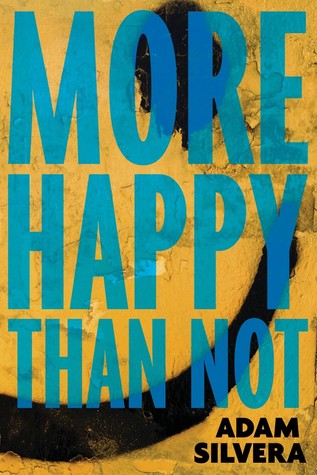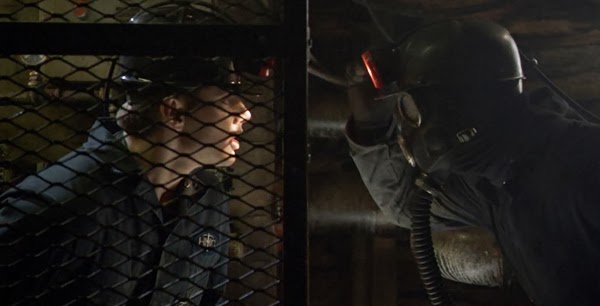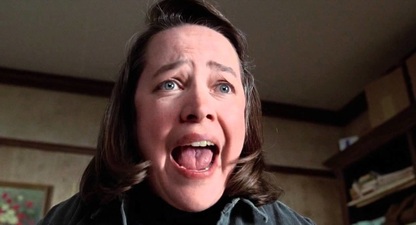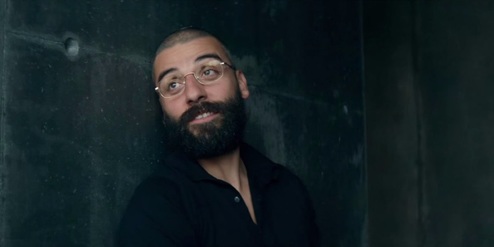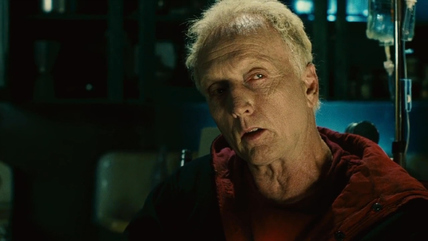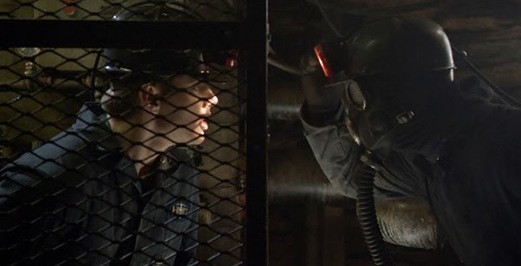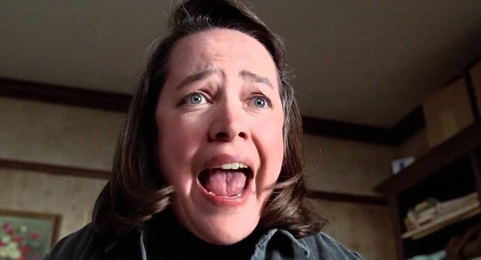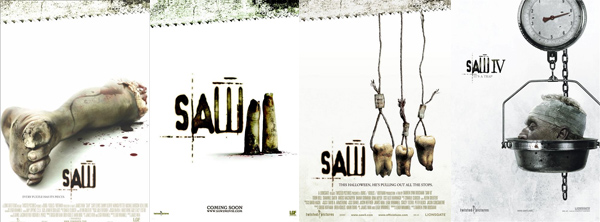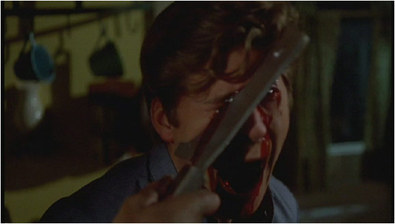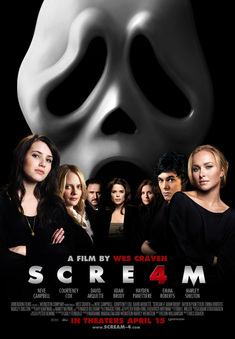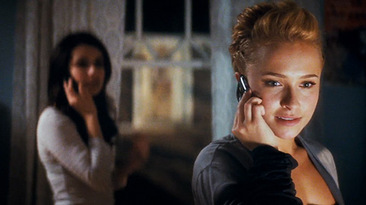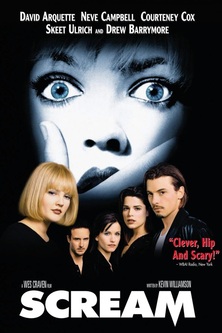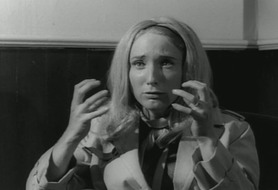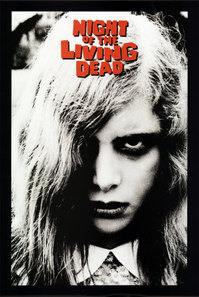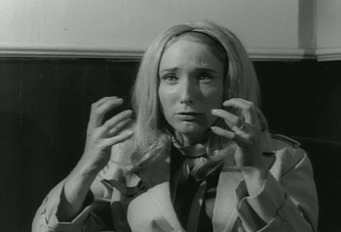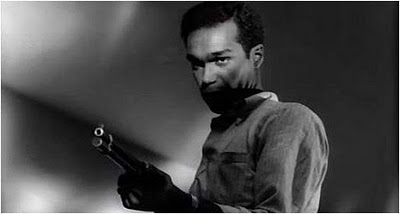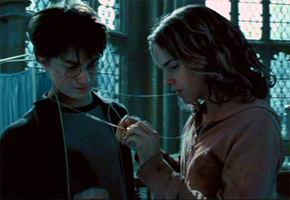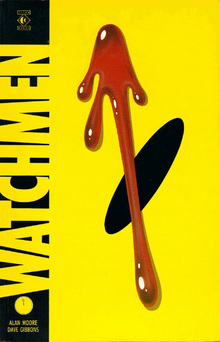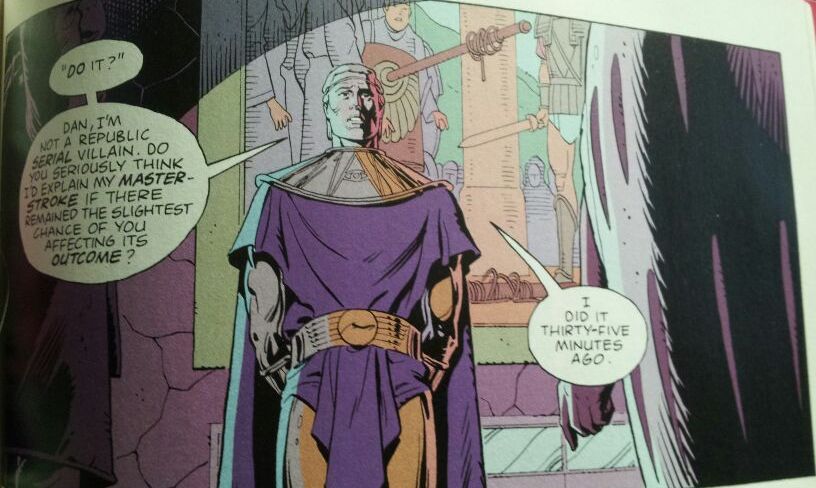Book Review:
By Adam Silvera
Soho Teen, 2015
A-
Aaron is struggling to find happiness after his father’s suicide and his own suicide attempt. The closest he’s come is the time he’s spent with his new friend, Thomas, but that happiness comes with a confused bundle of other feelings and dangers, especially for a kid living the Bronx in the not too distant future, where levels of sexual equality and understanding haven’t changed a whole lot. What this future can offer him, however, is Leteo, a medical procedure that can alter his memories and the feelings attached to them to “straighten him out.” He’s beginning to think it’s his only chance.
The Downside:
The speculative and hyper-realist elements here unfortunately work against each other at points. Aaron’s social world is so grounded and lifelike that it at first feels like a brutally and beautifully honest look at a particular teenager’s life, before the sci-fi side of the story takes some of those true-to-life moments and puts a less grounded spin on them, making them more technically complicated but emotionally simpler. In particular, what appears to be a refreshingly positive sex scene turns out to be something else entirely.
The book as a whole is also unfailingly depressing. Not a flaw in and of itself, but the ending tries to offer some of the hope hinted at in the title, and that hope comes off a little more hollow than seems to be the intent.
Less integrally, there's also a fandom mentioned in the More Happy Than Not universe that's clearly a Harry Potter stand-in, which is fine on its own but feels out of place in a book that calls all its other pop culture references openly by name, including mentions of Marvel characters and even Emma Watson.
The Upside:
The Leteo procedure is a strong and fascinating sci-fi storytelling concept, and would likely garner no complaints from me if the story’s every turn were not so compellingly written that the whole equation feels like the stifled potential of multiple stories. It’s a twisting slight-of-hand narrative that throws itself whole-heartedly and skillfully into the feelings of every scene, even the illusionary ones.
The depictions of gender role prejudice, pressure, and violence, while hardly pleasant to read, are admirably unflinching. That part of the honesty remains throughout, and though the many fake-outs sometimes cloud the story’s direction to the point of clouding its meaning, by the end, the spirit of self-acceptance, kindness, and respect for differences is perfectly clear.
Agree? Disagree? Comments are always welcome (just keep it civil, folks)! Or keep up with my fictional musings by joining me on Facebook, Pinterest, Twitter, or by signing up for email updates in the panel on the right!
